Industry Dynamic
What is auto connector and how to produce it?
Mar 28,2024
What is auto connector?
Auto connectors, also known as automotive connectors, are devices used in the automotive industry to connect or join various electrical and electronic components, such as wires, cables, sensors, switches, and actuators. These connectors play an important role in enabling efficient and reliable communication and power transmission between different systems within a vehicle.
The demand for auto connectors has increased significantly over the years, owing to the growing complexity and sophistication of modern vehicles. With the rise of electric and autonomous vehicles, the need for high-quality and durable connectors has become even more crucial.
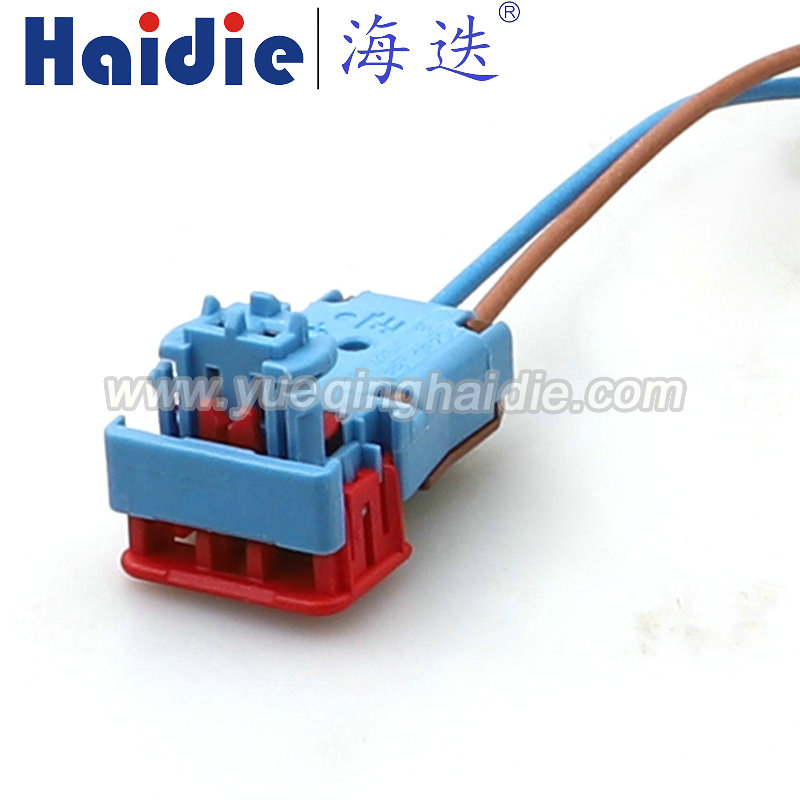
Types of Auto Connectors:
Auto connectors come in a variety of types and designs, each with its unique features and functions. Some of the most common types of auto connectors are explained below:
1. Wire-to-wire connectors:
As the name suggests, these connectors are used to join wires together, either temporarily or permanently. They are commonly used to connect sensors, switches, or other electrical components to a vehicle’s wiring system.
2. Wire-to-board connectors:
These connectors are used to connect wires to a circuit board, allowing for easier installation and replacement of components. Examples of their uses include connecting the instrument cluster or dashboard controls to the vehicle's main wiring system.
3. Board-to-board connectors:
These connectors are used to connect different circuit boards within a vehicle, enabling the transfer of signals or power between the boards. They are commonly used in advanced automotive systems like infotainment, navigation, and advanced driver-assistance systems (ADAS).
4. FFC/FPC connectors:
Flexible flat cable (FFC) and flexible printed circuit (FPC) connectors are used to connect flexible cables to a circuit board. They are commonly used in applications where space is limited, such as in the dashboard, door panels, and sensors.
5. High-voltage connectors:
With the rising demand for electric and hybrid vehicles, high-voltage connectors are becoming more prevalent. These connectors are designed to withstand high voltage and current levels, ensuring safe and reliable power transmission in electric and hybrid systems.
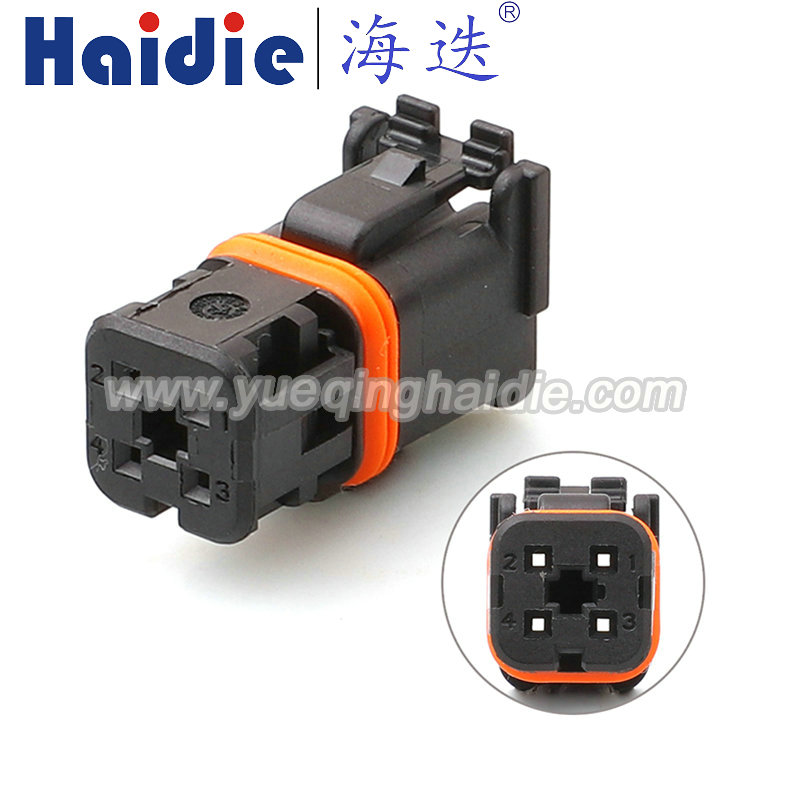
The Production Process:
Producing auto connectors involves a series of steps that include designing, tooling, manufacturing, and quality testing. Let’s discuss each of these steps in detail:
1. Designing:
The first step in producing an auto connector is designing. This involves creating a detailed blueprint or CAD (computer-aided design) model of the connector. The design process takes into consideration the specific requirements and specifications of the connector, such as the number and size of terminals, voltage and current ratings, and environmental factors.
2. Tooling:
Once the design is finalized, the next step is to create tools for manufacturing the connectors. This involves using specialized equipment and techniques, such as CNC machining and electrical discharge machining (EDM), to create molds and tooling for the connector. It is important to ensure precision in this step, as any flaws in the tools can affect the quality and functionality of the connectors.
3. Manufacturing:
The actual manufacturing of the connector involves injecting molten plastic into the molds created in the previous step. This process is known as injection molding and involves melting the plastic pellets, injecting them into a mold, and cooling them to form the desired shape and size. This process is repeated until the desired number of connectors is produced.
4. Assembly:
Once the connectors are manufactured, the next step is to assemble them. This involves connecting the terminals and other components to the plastic housing using crimping, ultrasonic welding, or soldering techniques. The assemblies are then inspected for quality and functionality.
5. Quality Testing:
To ensure the connectors meet the required standards, quality testing is performed on samples from each batch. This involves subjecting the connectors to various tests, such as environmental, electrical, and mechanical tests, to check their durability, functionality, and safety. Connectors that fail to meet the standards are discarded, and the manufacturing process is reviewed to identify and rectify any issues.
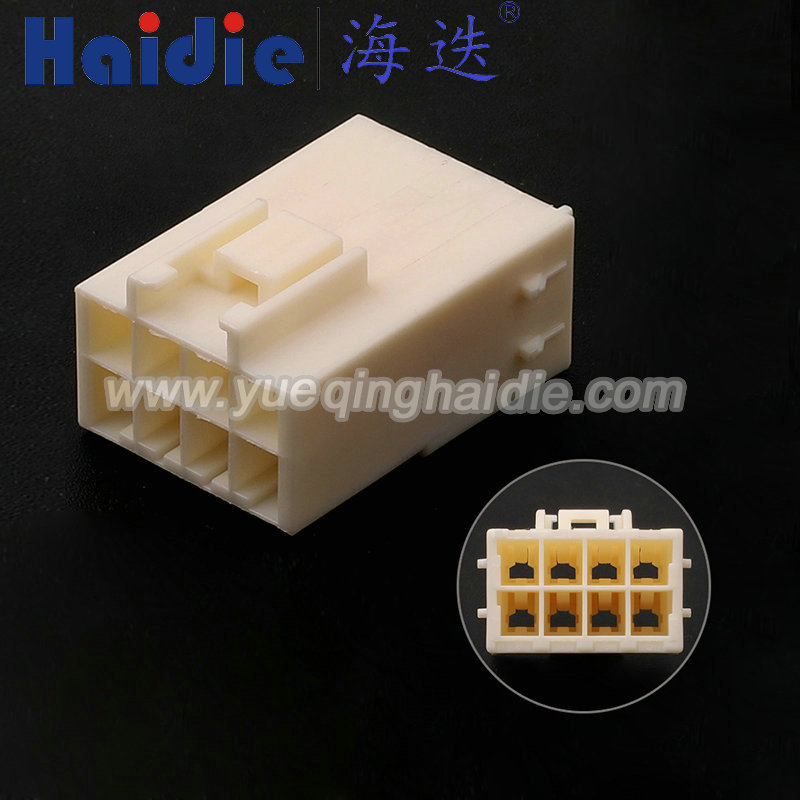
Key Factors to Consider:
In producing auto connectors, there are several key factors that manufacturers need to consider to ensure the quality and functionality of the connectors. These factors include:
1. Materials:
The materials used to produce the connector must be carefully chosen to withstand the operating conditions within a vehicle, such as high temperatures, vibrations, and exposure to chemicals and moisture. Common materials used in auto connectors include plastic, copper, and aluminum.
2. Design:
A well-designed connector must take into consideration the specific requirements and environment within the vehicle in which it will be used. Factors like the number and size of terminals, voltage and current ratings, and environmental conditions need to be considered when designing a connector.
3. Durability:
Auto connectors must be durable and able to withstand the harsh conditions within a vehicle while maintaining their functionality. This includes testing for resistance to heat, moisture, vibrations, and chemicals.
4. Compatibility:
Connectors must be compatible with the various systems and components within a vehicle to ensure efficient and reliable power transmission. Manufacturers must ensure that the connector's specifications meet the requirements of the systems it will be connected to.
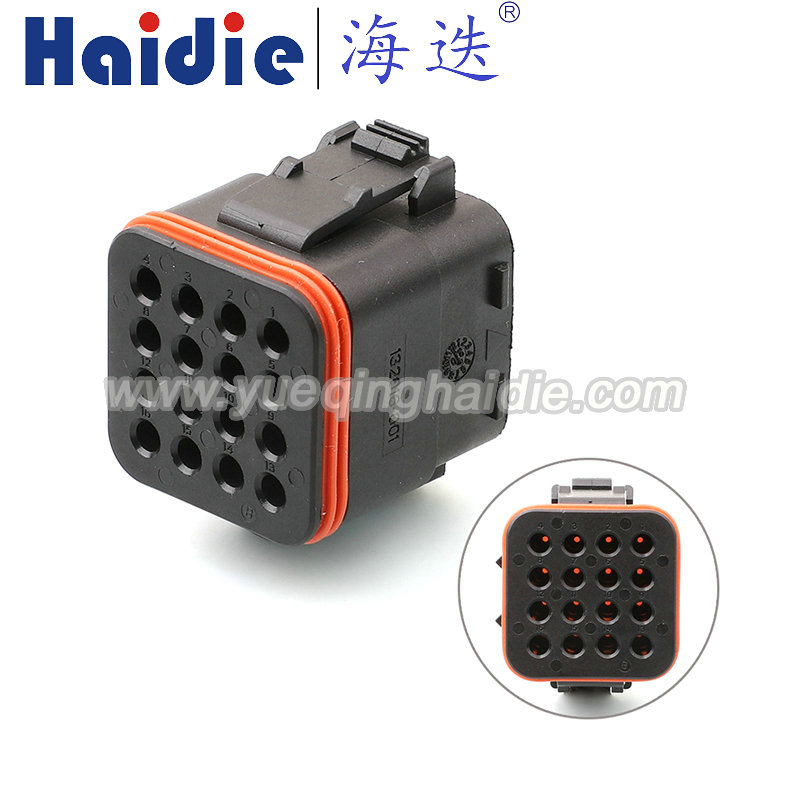
YUEQING HAIDIE ELECTRIC CO.,LTD was established in 2013. We provide a wide range of products for high-performance automotive electronics, from wiring to connectors, sensors, and wiring harness maintenance tools. The main products include terminals,high temperature anti-corrosion silicone rubber jackets,HID lights,wire harness,connectors,computer board fittings, etc.
We have obtained certifications such as SGS, TS 16949, and ISO9001. We are committed to providing safe and reliable products, and we have served and established good cooperative relationships with many world-renowned companies, such as automobile motorcycle,digital products,engine control systems,engineering machinery,household appliances,communications.
Recent news
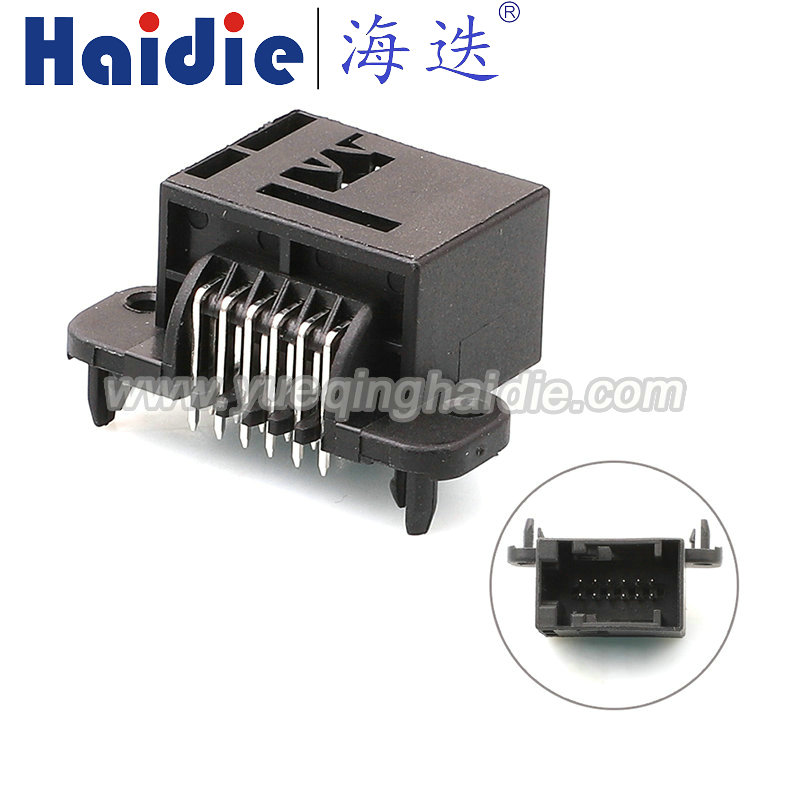
Exploring the Versatility of Auto Connectors: A Comprehensive guide by Haidie
What is auto connector?Auto connector is a component used in vehicles to join electrical circuits. These connectors are ···
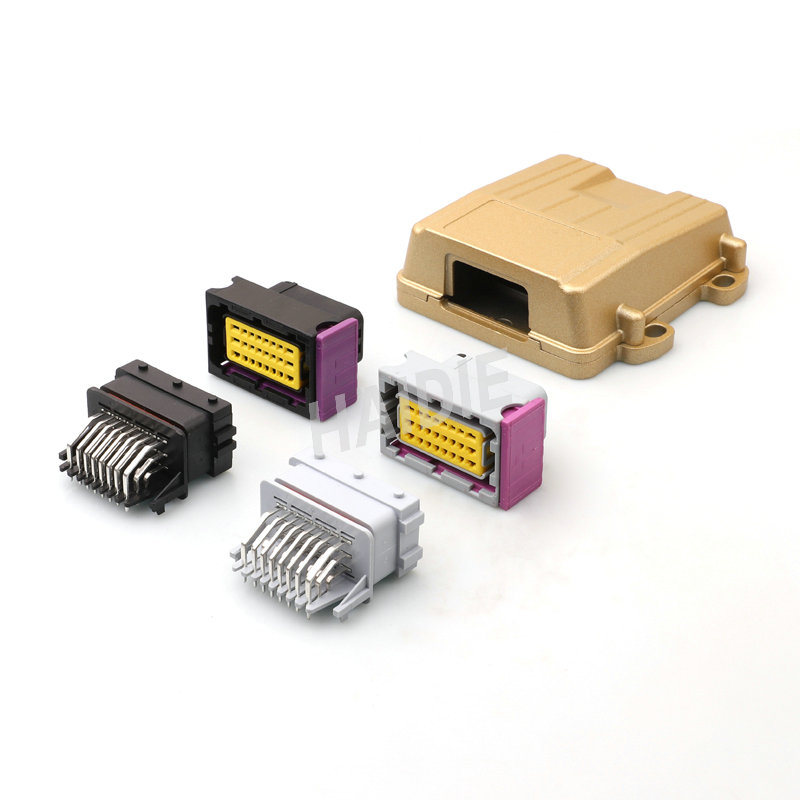
What is auto connector and how to produce it?
What is auto connector?Auto connectors, also known as automotive connectors, are devices used in the automotive industry···
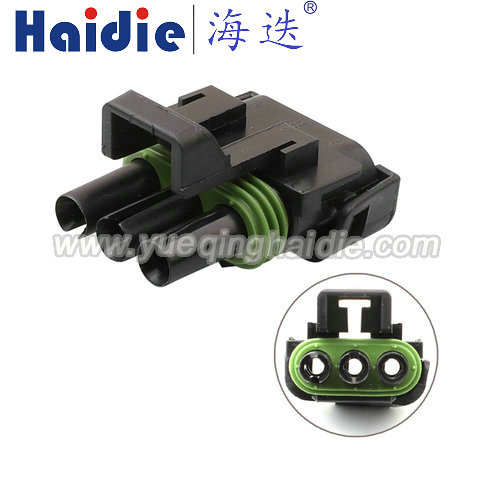
Why you should choose auto connector?
Auto connectors are essential components in the automotive industry, enabling effective communication between different ···








